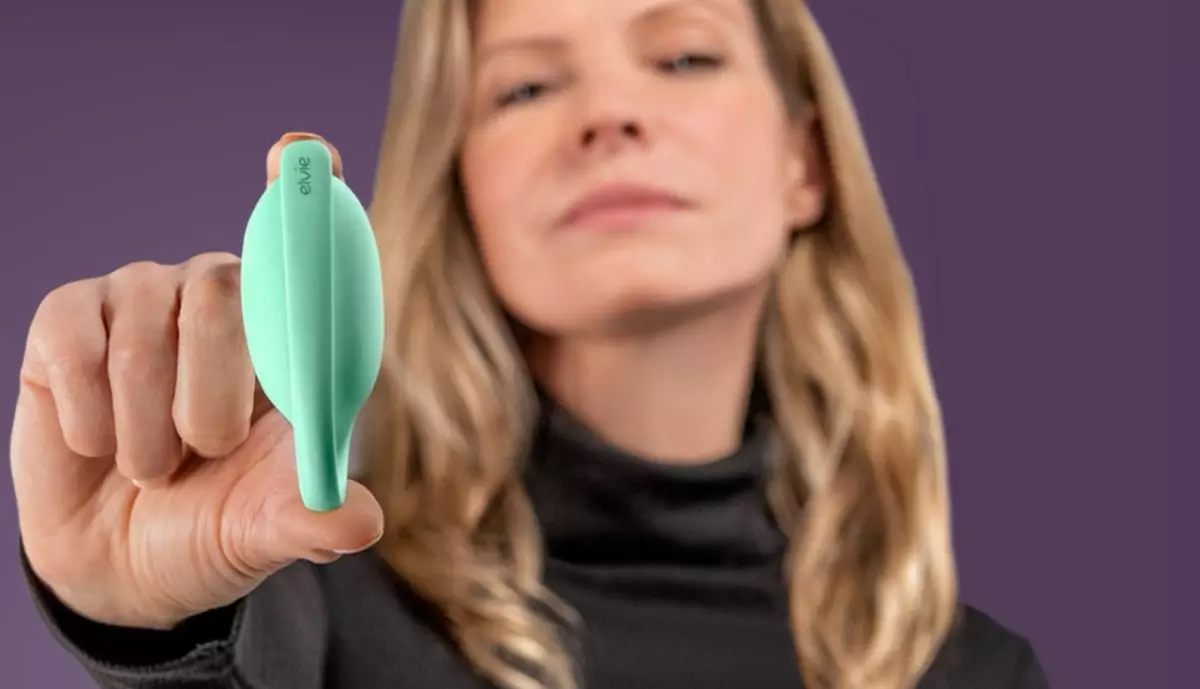Women’s health, an oft-overlooked segment in the broader landscape of medical technology, is witnessing a transformative phase as significant players initiate strategic consolidations to counter market pressures. Within just the last five years, startups dedicated to improving women’s health—spanning connected breast pumps, period trackers, and various wellness apps—have secured over $5 billion in funding. However, as competition intensifies and economic conditions fluctuate, emerging startups are grappling with financial sustainability. The recent merger of Willow and Elvie epitomizes these dynamics, highlighting both the potential and challenges inherent in this niche.
The Willow-Elvie Merger: A Symbol of Change
The announcement of Willow’s acquisition of Elvie marks a pivotal moment in the women’s health startup ecosystem. Originally recognized for its innovative wearable breast pumps, Willow is now expanding its influence by integrating Elvie’s product range, which includes a smart Kegel trainer and a newly developed bassinet designed for modern parenting. While the deal’s terms are not publicly disclosed, the circumstances leading to this transaction—Elvie’s looming insolvency—reflect a sobering reality for many startups in this sector.
Elvie, despite raising an impressive $186 million over 12 years, has found itself in dire straits. Its last known valuation of $241 million signals the potential volatility within the market. Regardless of a historical influx of venture capital, the rising tide of pressure from cheaper competitors has made it difficult for firms like Elvie to maintain steady growth.
The Existing Landscape: Opportunities and Obstacles
Willow’s expansion into Elvie’s operations comes as the women’s health market is projected to reach $60 billion, yet the path to realizing that potential is fraught with challenges. As noted by Sarah O’Leary, Willow’s CEO, later-stage startups are increasingly struggling to secure exit opportunities, particularly if they do not pivot towards artificial intelligence technologies. This paradigm shift not only reflects investor preferences but underscores the necessity for innovative adaptability in a rapidly evolving market.
The women’s health space is also dealing with market saturation, where numerous startups have flooded the arena with inexpensive products that may compromise quality. This saturation risks diluting brand trust and can lead to consumer fatigue. For Willow, the imperative lies in distinguishing itself by offering superior products and ensuring that users receive not just functionality but also meaningful engagement through their devices.
The Ethical and Political Climate Surrounding Women’s Health
In addition to economic factors, ethical and political issues have also emerged as critical barriers to success in this niche. Incidents like the turbulence faced by 23andMe highlight the precariousness of managing health data. As conversations around privacy rights and data misuse intensify, women’s health startups must handle sensitive information with utmost care. This is particularly pronounced in the current political climate, where reproductive and women’s health rights are frequently contested.
The appointment of O’Leary as CEO signals a new era at Willow, reinforcing a commitment to navigating these turbulent waters. By positioning itself as a consolidator within the marketplace, Willow aims not just to survive the current shake-ups but to shape the future of women’s healthcare innovation.
The Path Forward: Innovating into Profitability
For Willow, the acquisition of Elvie is more than a mere expansion of its product line; it represents a vision for creating a comprehensive platform addressing diverse women’s health needs. However, the key challenge lies in transforming this integrated approach into a profitable venture. The pressing question remains: can Willow leverage its newfound resources to develop products that resonate with consumers while navigating the complexities of the women’s health sector?
As the market favors companies that utilize advanced technology, an effective strategy for Willow may involve developing AI-informed features that enrich user experience and improve health outcomes. The confluence of cloud technology and mobile applications has democratized health monitoring, empowering women to take control of their health narratives. As such, innovations driven by user data and feedback could greatly enhance the efficacy of products, ensuring they align with customer needs.
While the women’s health startup ecosystem is currently grappling with instability, the Willow-Elvie merger embodies a proactive response to these challenges. By combining strengths and resources, they stand a better chance of thriving amid a complicated market. As other startups observe this strategic move, the landscape may well shift towards a trend of consolidation—a method by which nascent companies can bolster resilience and enhance their ability to meet the complex needs of the women they serve.

